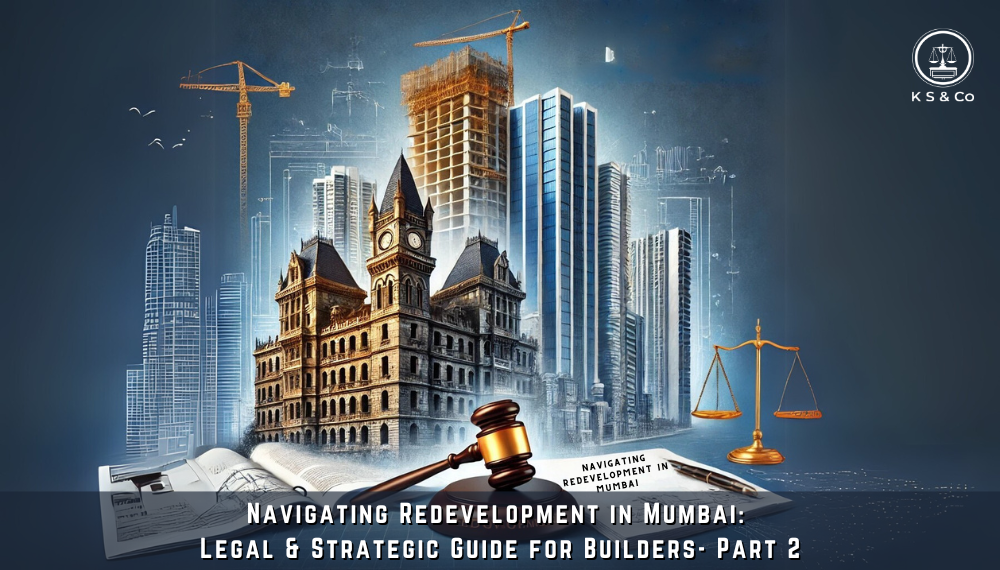Marking a first for India’s dairy giant Amul, the Canadian Federal Court on June 22, ruled in its favour that a brand named ‘Amul Canada’ had infringed on Amul’s copyright by advertising their product, using their brand image and name, as well as corporate information via popular jobs site LinkedIn. The court ordered ‘Amul Canada’ to transfer to Amul ownership and all rights access, administration, and control for and over the LinkedIn pages/accounts together with any other LinkedIn pages/accounts, domain names and social media pages registered to or controlled by it displaying Amul’s trademark within 30 days of the order. It also rewarded damages of $ 32,733 to Amul by ‘Amul Canada’ for infringing Trademarks Act & Copyright Act.
K S & Co Comments
Even though Amul is not a Canadian company, it did have a reputation in the foreign land. This is known as transborder reputation of a trademark. It is advisable to protect your mark not only in India but also outside the home country. This will benefit the reputation and goodwill of the company.
Amazon IP Accelerator now in India too

Amazon IP accelerator initiative launched in India will make it easier for every seller to register their marks and access legal services on their platform. The e-commerce platform made it official on the 04th day of July that all sellers on Amazon will be benefited from its brand protection tools and services, even if their trademark application is pending before the registry.
K S & Co Comments:
This tool will be beneficial for the sellers and even the consumers. The consumers are often misled to into believing that a particular seller is selling original goods of a particular brand. This IP Accelerator will work as a scanner in the benefit of the sellers of the original goods and the consumers.
“KSRTC” belongs to Kerala only, not to Karnataka or to both

The acronym KSRTC stands for the Kerala State Road Transport Corporation and the Karnataka State Road Transport Corporation. However, it was being used in both Karnataka and Kerala. The recent decision came in favour of Kerala which means the acronym will now be used only in Kerala. The acronym emblem along with the nickname Aanavandi (elephant cart) now belong to only Kerala.
K S & Co Comments :
It is often seen that there is a dispute between two Indian states. At times it is difficult to reach on conclusion due to the territoriality differences. In this case, it was quite clear that the acronym “KSRTC” belongs to Kerala since the Trademarks Registry granted registration to the Kerala State Road Transport Corporation.
India gains two spots to 46th place in WIPO’s Global Innovation Index 2021

India is ranked 46th in the Global Innovation Index 2021 by the World Intellectual Property Organisation (WIPO).
It has gained two spots after breaking into the top 50 countries last year. India takes the second place in the lower middle income group. It has also been portrayed as successful in developing sophisticated services that are technologically dynamic and can be traded internationally, according to the report. “It continues to lead the world in the ICT services exports indicator and holds top ranks in other indicators, such as domestic industry diversification (12th) and graduates in science and engineering (12th),” the report added.
India, Kenya, the Republic of Moldova and Vietnam are still record holders for being innovation achievers for 11 consecutive years, according to the report. India’s innovation performance is above average for the upper middle income group in five of the seven innovation pillars.
K S & Co Comment:
While the pandemic caused downside for many, India was able to jump two spots and is now ranked at 46 position in the Global Innovation Index. Innovation is important for any country. This shows that the Indian Intellectual Property offices have been active while granting and entertaining IP applications even during the pandemic. The world saw a massive increase in the IP filings during the period of March 2020 to March 2021.
The End of the IPAB and Lessons on Concentration of Judicial Powers
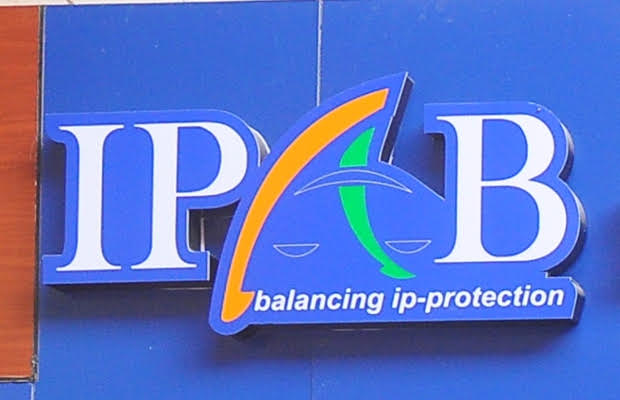
India’s much troubled Intellectual Property Appellate Board (IPAB) was officially buried on August 14, 2021 when the President of India gave his assent to the Tribunals Reforms Act, 2021 enacted by Parliament. With the enactment of this law, the jurisdiction of the IPAB moves back to the High Courts and commercial courts.
With the creation of the IPAB, the diversity of judicial viewpoints ran into trouble because the powers of the tribunal came to be concentrated in mostly one person i.e. the Chairperson of the IPAB who was typically a retired judge of a High Court.
K S & Co Comment:
While the abolition of IPAB has made news, there are mixed opinions on the same. Some opine that IPAB’s abolition will be detrimental to the functioning of the Intellectual Property practices. This will cause a burden on the high courts. Others say that it was long due and this is a welcome step towards the smooth functioning of the matters. In our opinion, we will have to wait and watch how the High Courts take this forward and hope that the hearings at the higher forums can resume.
Delhi HC IP Division Rules: An Opportunity to Strengthen Procedural Framework

IP matters will be heard by nominated judges from the Commercial Division of the Delhi High Court, who have already been hearing IP matters as part of the broader category of commercial matters. Therefore, the structural shift is not expected to be significant. However, the nomenclature, procedural treatment and management of IP matters is expected to change markedly.
K S & Co Comments:
While IP matters (particularly writ petitions) are gradually being renumbered and transferred to the IPD, there is insufficient guidance (in the form of notifications or practice directions) on the management of such matters currently. Establishing and managing the IPD will come with several challenges like Increase in backlog and procedure for technical matters.
INTERNATIONAL NEWS
Apple’s grip on App Store to loosen? US Court decides battle with Epic Games

A Federal Judge ordered Apple to dismantle part of the competitive barricade guarding its closely run app store, threatening one of the iPhone maker’s biggest moneymakers. Such a change could potentially also save app developers billions of dollars that could encourage them to lower prices paid by consumers.
The ruling issued Friday decides an antitrust case brought by Epic Games, best known as the maker of Fortnite, a popular video game played by about 400 million people worldwide. Apple shares dropped on news of the ruling and were down by more than 2 per cent on Friday afternoon trading, reflecting investor fears that the ruling would siphon away billions of dollars in annual revenue from the company.
K S & Co Comment:
The ruling by US district court judge Yvonne Gonzalez-Rogers said that Apple’s control of the App Store did not amount to a monopoly, but that it must let developers include links to other online venues for buying content or services. As a result, App makers will be able to provide links that users can click on to take them to another website to buy content or otherwise interact.
General Motors sue Ford over Trademark Infringement
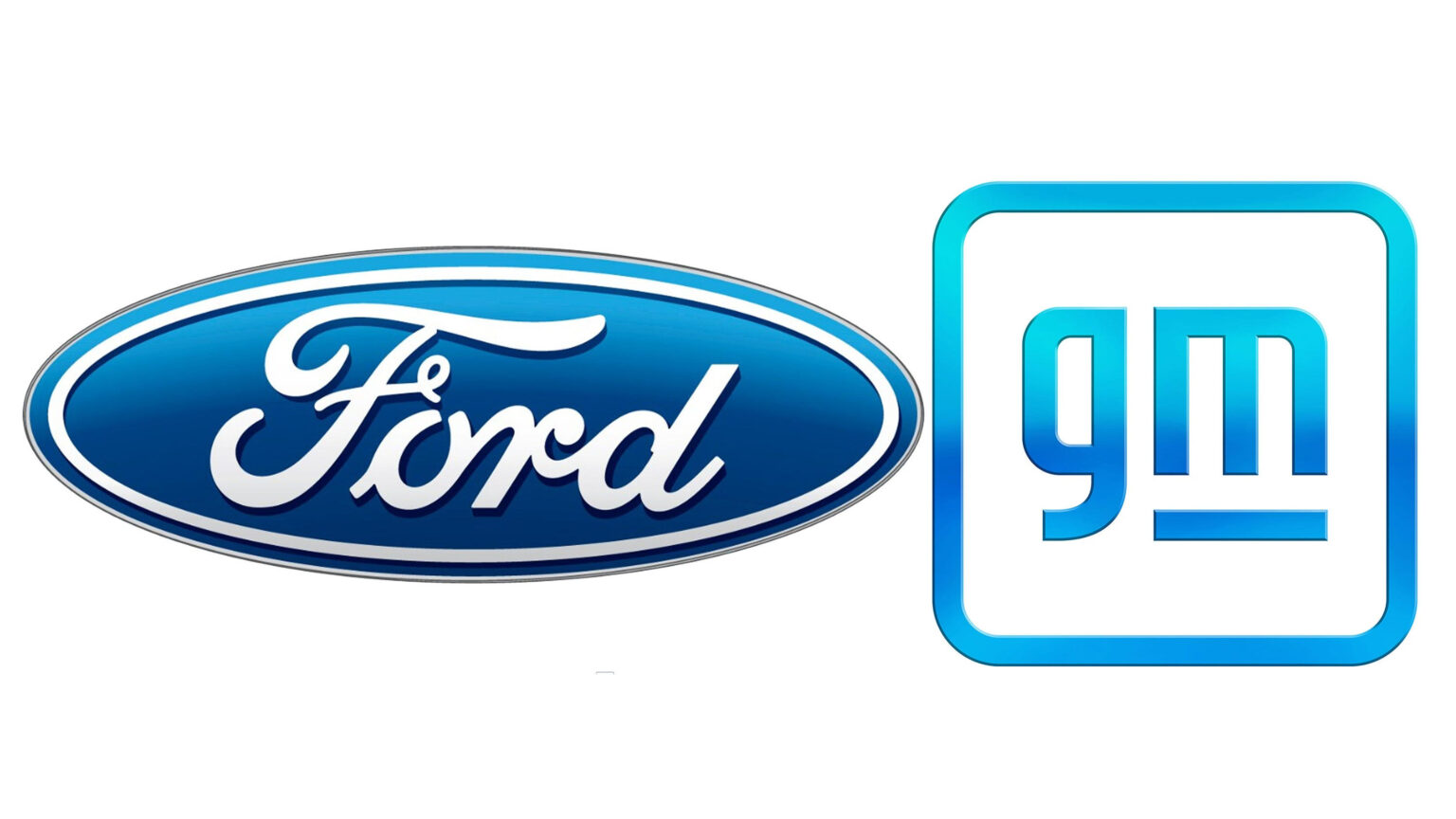
In April, Ford made an announcement regarding its hands-free driving system being dubbed as ‘BLUECRUISE’. Ford also stated that it would become available starting with all 2021 model year F-150 trucks and Mustang Mach E crossovers. However, General Motors do not seem to be happy with Ford’s name choice. Thus, GM along with its autonomous-taxi subsidiary CRUISE recently filed a lawsuit in a federal court in California. Such a lawsuit was filed as an attempt to prevent Ford from using the name BLUECRUISE moniker.
Ford proved its point by submitting a list of other technologies using the word CRUISE which included some really big names like Hyundai’s Smart Cruise Control. Ford also pointed out that GM was having zero issues with other ‘CRUISE’ names but only with BLUECRUISE. Ford compared their situation to that when GM would be trying to assert trademark ownership on a term such as hybrid or turbo.
K S & Co Comment:
While automobile giants quarrel over rights quite often, it is also seen that these fights end up in the favour of the party that has implemented a good strategy towards safeguarding its Intellectual Property Rights. In this scenario, Ford could prove that they have been using the term CRUISE extensively on their goods and this caused the judge to rule in their favour.
The TikTok famous Savage Challenge dance moves are now copyrighted

TikTok creator Keara Wilson succeeded in copyrighting her viral #SavageChallenge dance moves. More than a year ago, when the coronavirus pandemic was at its peak, Keara Wilson created some dance moves to the hit song “Savage” by rapper – Megan The Stallion – and to her surprise, her dance moves quickly went viral and took a shape of the #SavageChallenge. This stormed the internet and left everyone trying to learn Wilson’s moves including big celebrities like Justin Bieber, Jennifer Lopez, and even Megan Thee Stallion [the song’s creator].
Wilson came to know that Logitech and Knight had partnered for her to get her dance moves copyrighted. The copyrights were submitted through the creation of labanotation. It is a method that is used for writing down dance steps. Wilson is among the first six creators who got their dance steps approved.
K S & Co Comment:
Copyright is a vast industry and if you can prove that your creation has an artistic tinge to it, you will be able to protect it under the copyright law. Time and again we see the purview of Copyright is being expanding. Dance is one such art that is difficult to explain on paper. This is one of those unconventional Copyrights that will see a rise of registrations in the future.
Disney lost “Mary Poppins” To Japan’s Mary Poppins Inc.
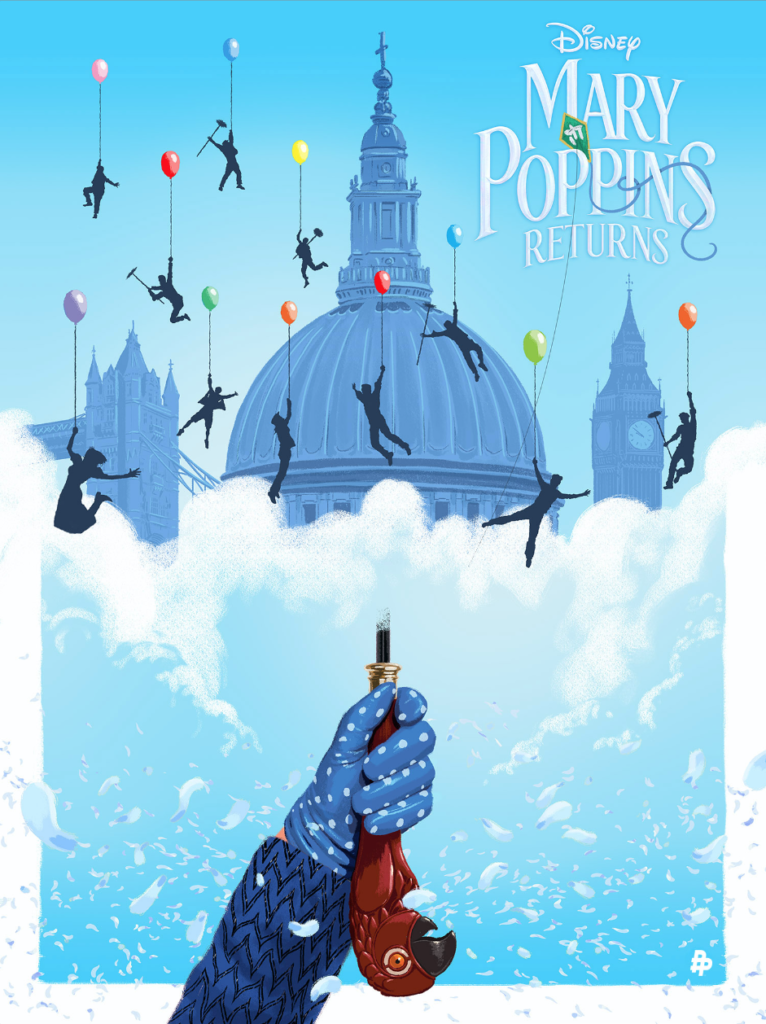
The Japan Patent Office (JPO) recently dismissed an invalidation petition filed by Disney Enterprises, Inc. against Japanese Trademark Registration No. 5710595. The impugned trademark consists of a wordmark ‘Mary Poppins’. The JPO found that ‘Mary Poppins’ is not a well-known trademark and not famous as a source indicator of Disney. The invalidation case is having no. 2019-890040.
K S & Co Comment:
The disputed mark was consisting of the word ‘Mary Poppins’ in standard character which was applied for registration on date February 28, 2014. However, the trademark was applied in respect of caring for babies [excluding services provided at facilities]; babysitting in class 45. To everyone’s astonishment, the impugned trademark did not face any refusal during the substantive examination and it was registered on date October 17, 2014.
Verizon and Huawei shake hands with a settlement in a patent lawsuit
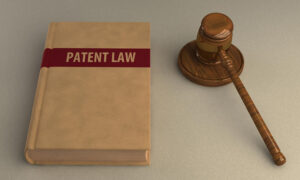
Verizon and Huawei have recently reached a settlement in a patent litigation lawsuit. The trial was going on in the courts of Texas. Huawei sued Verizon last year alleging that the company used patented technology that is protected by 12 of Huawei’s US patents. Huawei sought compensation in their lawsuit for the alleged infringement. Huawei also demanded Verizon fork out licensing fees for over 230 of its patents.
K S & Co Comment:
Huawei has always been the subject of US-China trade tensions over the past many years. The US also banned Huawei and its 70 affiliates in the year 2019 with an aim to stop them from acquiring US components and technology without government approval.
Ardagh fails to trademark the sound of drink cans

The General Court of Justice of the European Union situated in Luxembourg has recently ruled that a company may not register the sound of its fizzy drinks can as a company trademark. The court gave a ruling on an appeal which was brought by Ardagh Metal Beverage Holdings.
It is an international supplier of all kinds of food and drinks containers and is based in Luxembourg. It brought an appeal against a ruling of the European Union Intellectual Property Office (EUIPO). This ruling rejected Ardagh’s attempt to claim trademark protection on an audio file. In simple words, Ardagh was aiming to register the sound of all or most of the drinks cans in the world as its own protected property.
K S & Co Comments
While sounds have been registered in the past, this judgement has denied the protection of sound mark. Sound mark is another unconventional protection that is given to a highly distinctive and original mark. Sound marks are extremely common these days and it is definitely the future of marks.
DISCLAIMER: Copyright on the images used in this newsletter are credited to the original owner of the copyrighted article. K Singhania & Co do not claim copyright over the images used. Due credits to the artist, author or creator of the copyright.




